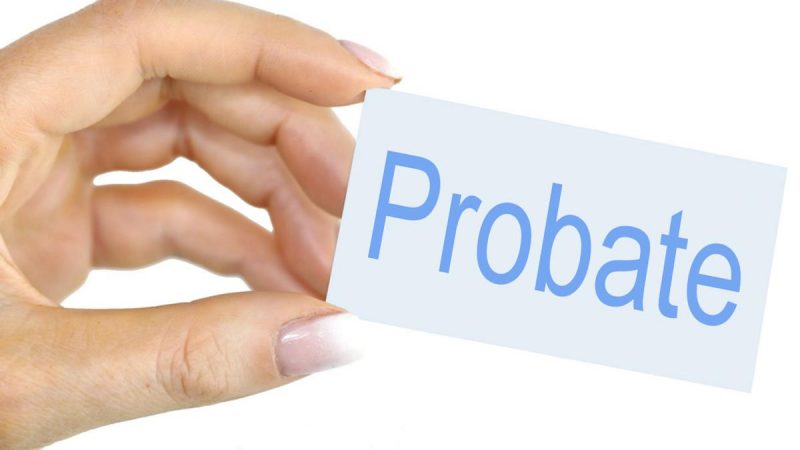
Probate is the legal and financial process of dealing with the property, money and other assets people leave behind following their passing. However, as it is a legal term, we are repeatedly being asked “what is probate and why do I need it?”
Over the two parts of this blog we will answer both of these questions beginning here with what probate is.
As we said above, probate is simply the word used to describe the legal and financial processes involved in dealing with the property, money and assets of someone who has recently died.
But before these processes can begin, the person who’ll be responsible for them (either their next of kin or the executor named in their Will) needs to be legally confirmed. Without this confirmation, the next of kin or named executor of the Will is not able to claim, transfer, sell or start to divide up the deceased’s assets.
The confirmation usually will usually begin with an application for a Grant of Probate.
The Grant of Probate is a legal document that gives the next of kin or executor access to the deceased’s bank accounts and permission to sell any assets and settle any debts on behalf of the deceased.
However, you can only apply for a Grant of Probate if the person left a valid Will.
If they haven’t, then you need to apply for a Grant of Letters of Administration. Both documents actually work in much the same way; they give the person named in the grant the legal authority they’ll need to deal with the different aspects of the deceased’s estate.
Once probate has been granted via either a Grant of Probate or a Grant of Letters of Administration, the distribution of the deceased person’s assets can begin.
If there was a Will, the question as to how everything will be divided will be relatively straightforward. However, if there wasn’t a Will, the law will have to determine who will receive everything using inheritance rules called the ‘rules of intestacy’.
This can often be an involved and prolonged process. It is also a process that could cause issues between family members, particularly given the increasingly complex family trees many of us have today. Unfortunately, intestacy rules don’t always recognise step children and unmarried partners.
More worryingly, if mistakes are made by the executor, for example in identifying the right beneficiaries, the estate’s administrators could be help personally liable for any loss resulting from a breach of their duties even if their mistakes were genuine errors.
This is why we would always strongly urge you to make sure you have a valid, up to date Will and that you use an experienced and fully regulated lawyer to write your Will.
Although the probate process will almost certainly involve a combination of legal, tax and financial elements, it can be broken down into five stages:
Step 1
Identifying all the deceased’s assets and determining the total value of their estate and confirming who is entitled to inherit what from the estate (either using the Will or the rules of intestacy).
Step 2
Paying the necessary Inheritance Tax (IHT) to HMRC and submitting an accurate IHT return (although for deaths after the 1st January 2022 an IHT return no longer needs to be completed if no tax is due) then applying to the Probate Registry for the Grant of Representation to confirm who will have the legal authority to administer the estate.
Step 3
Following the issue of the grant of representation, selling the deceased’s assets, settling any outstanding liabilities, and paying the final estate administration expenses (including additional Inheritance, Income or Capital Gains Tax due to or from the estate).
Step 4
Preparing complete estate accounts cataloguing all payments in and out of the estate and confirming the remaining balance that will be divided amongst the beneficiaries. These accounts are then sent to the relevant personal representatives for approval.
Step 5
As long as there are no challenges to the division of the estate (known as ‘contested probate’) or any other legal complications the assets can be divided among the beneficiaries as planned.
In the second part of this blog we will answer the question “why do I need probate?” but in the meantime, if this blog has raised any questions or you would like to discuss either the probate process or how we would draft or update your will, please email Deniece.Lines@collinshoy.com.